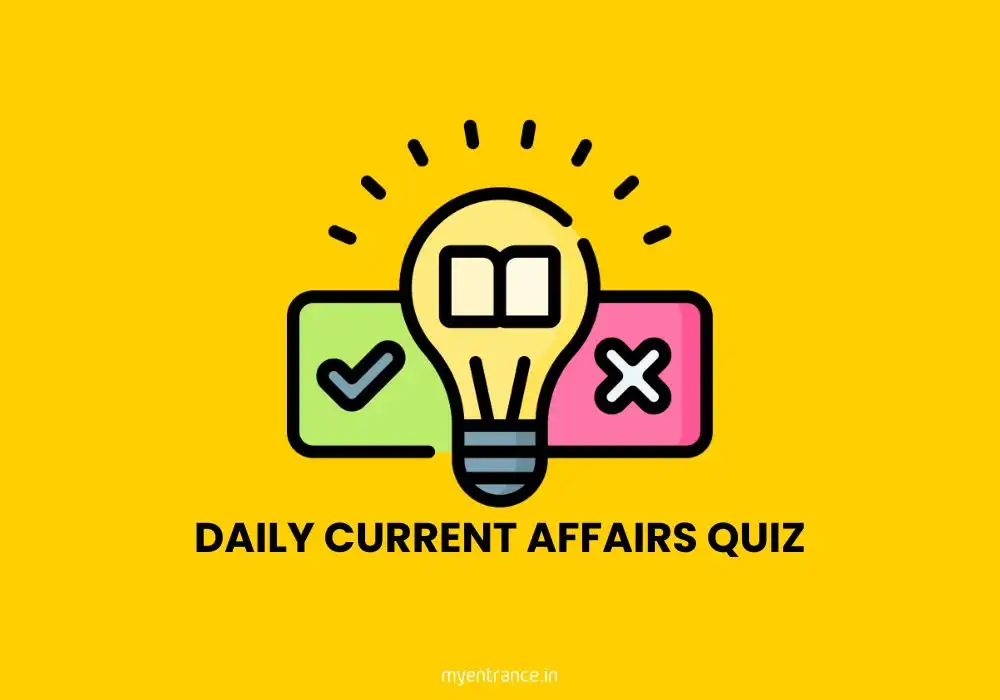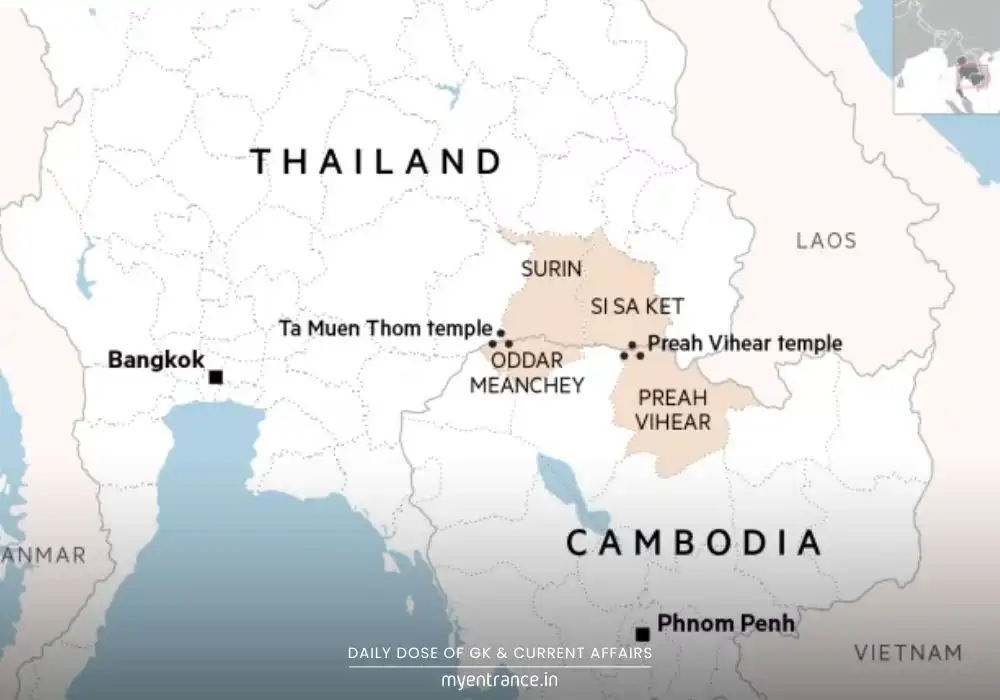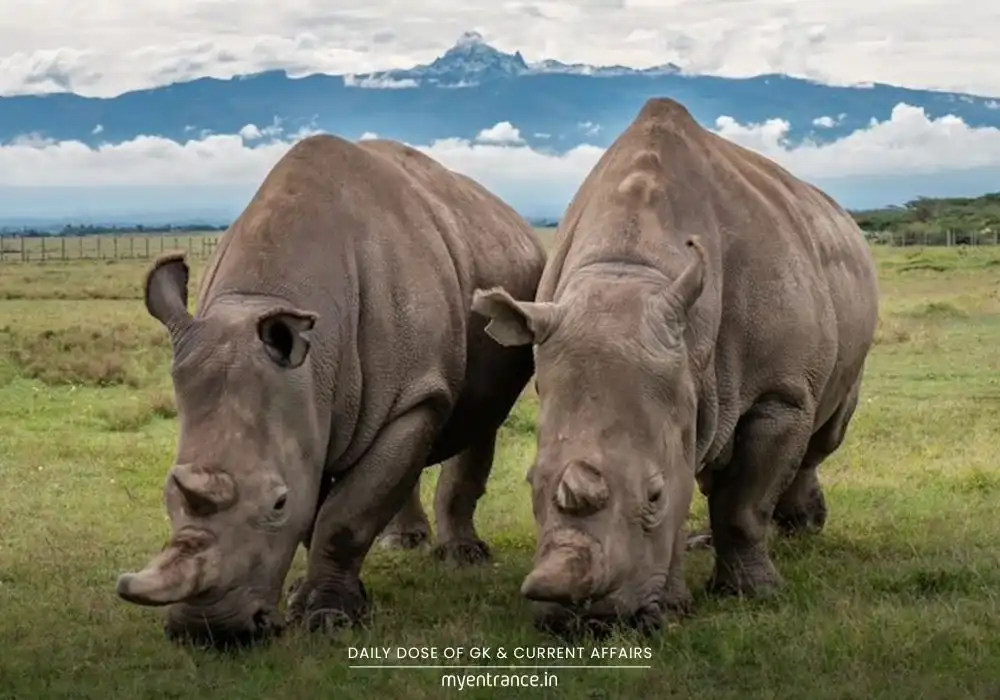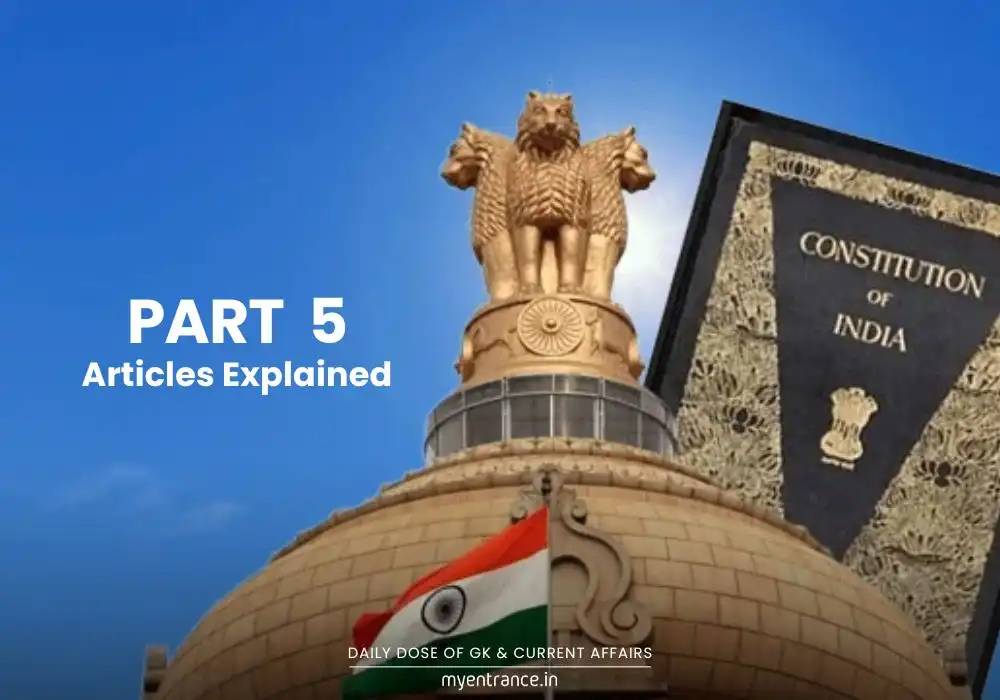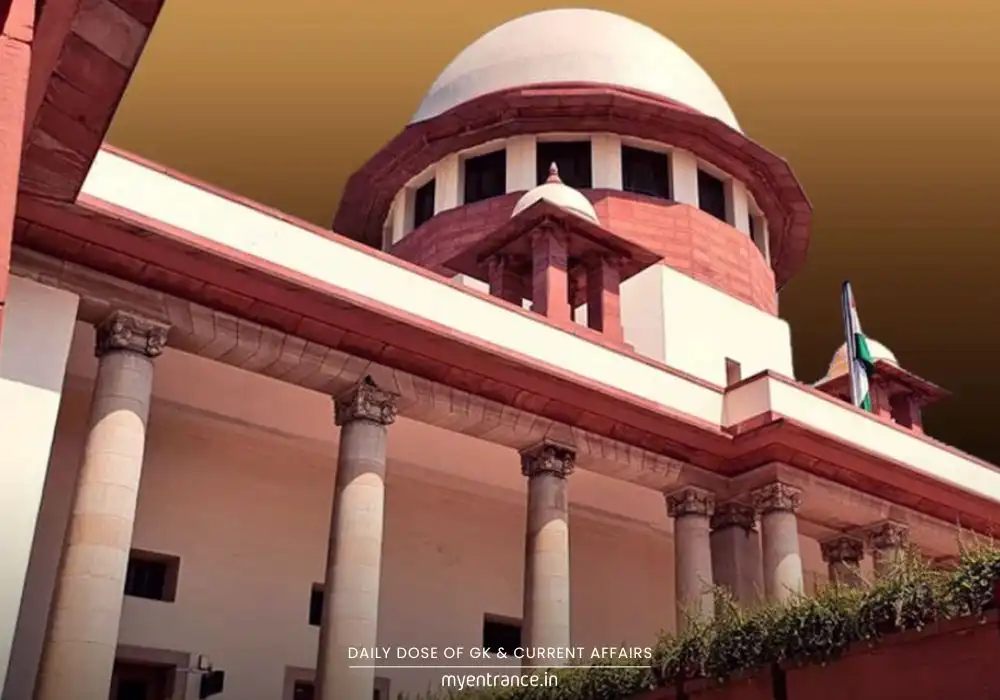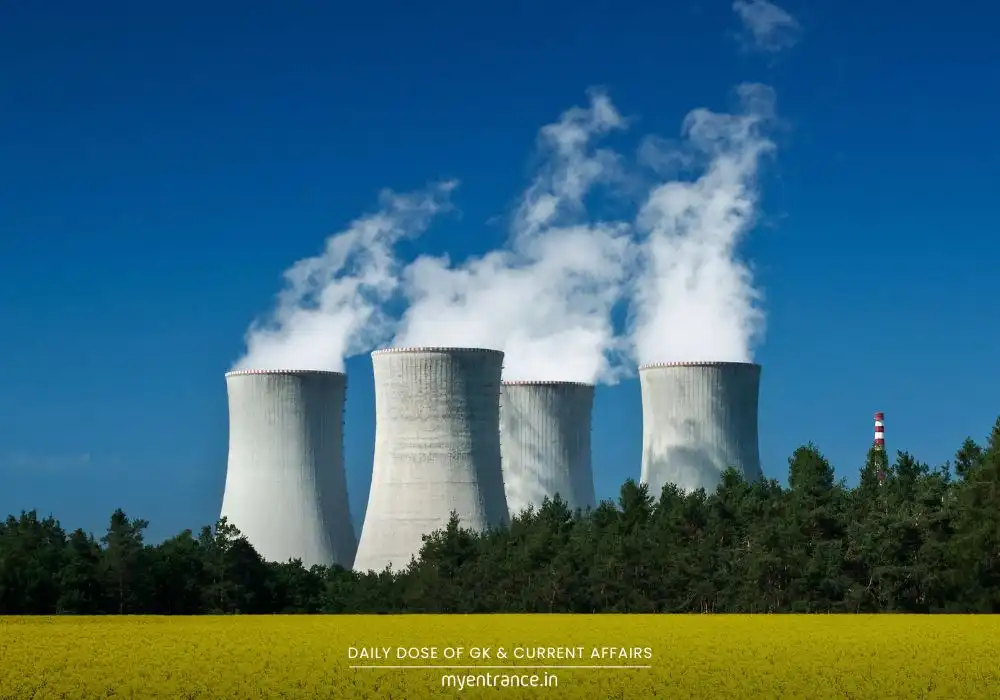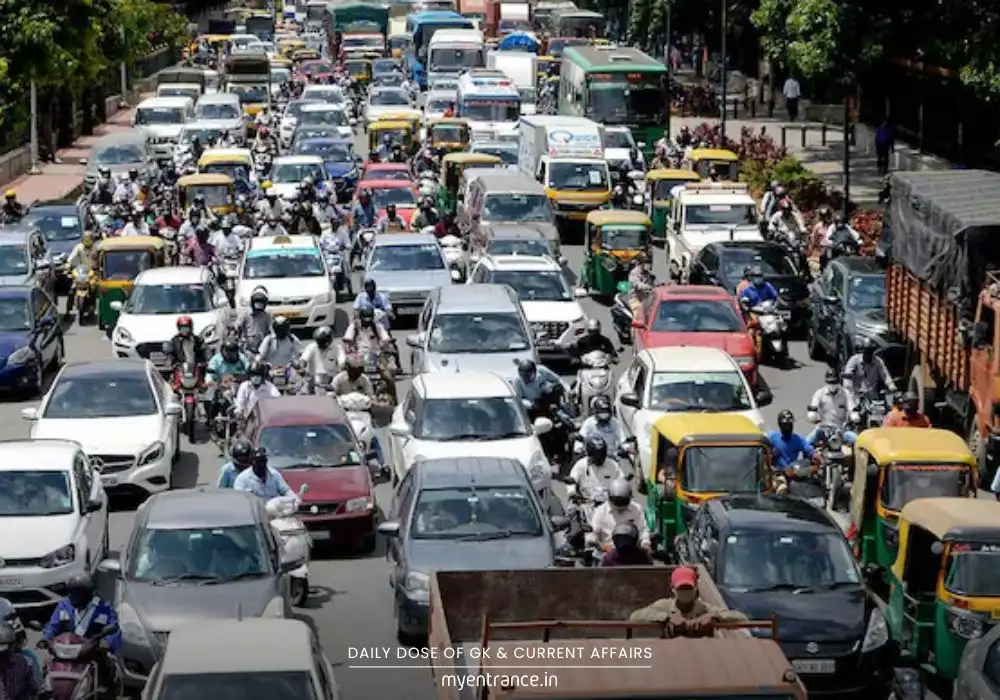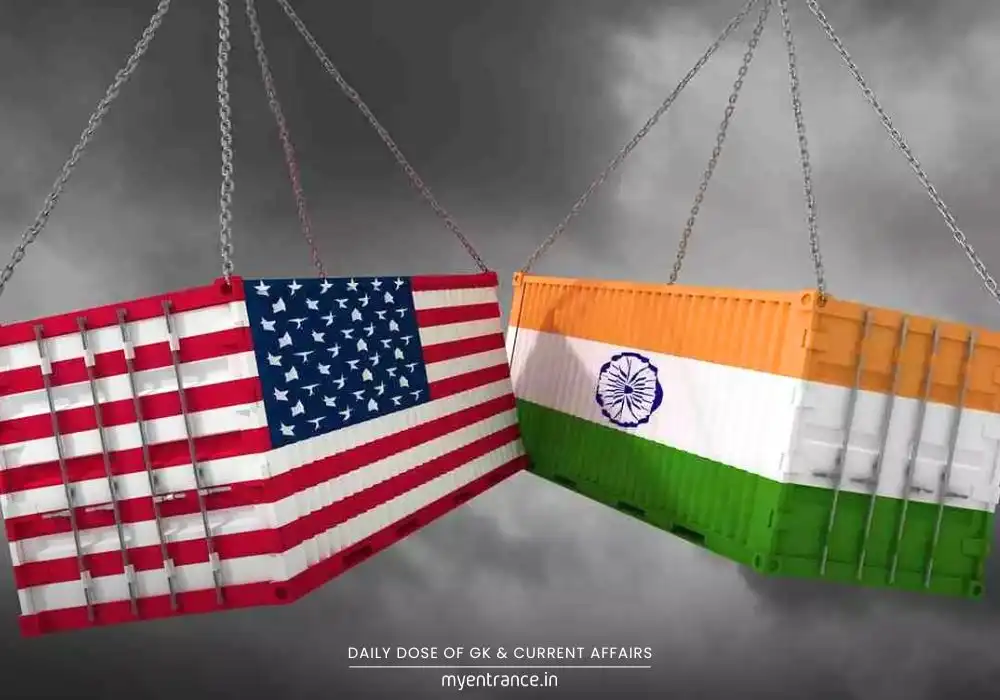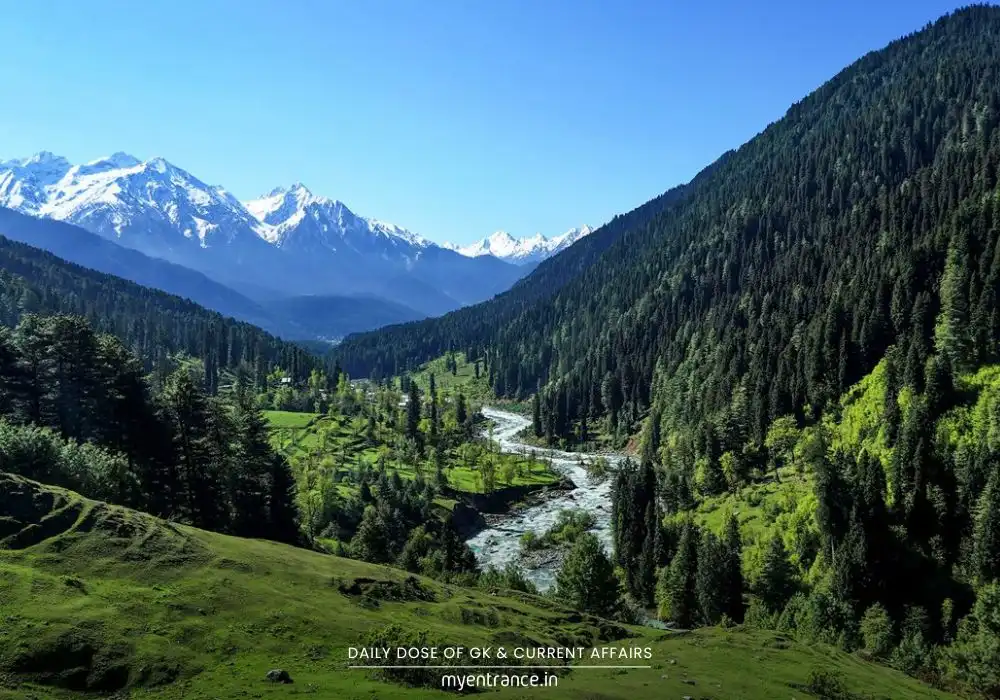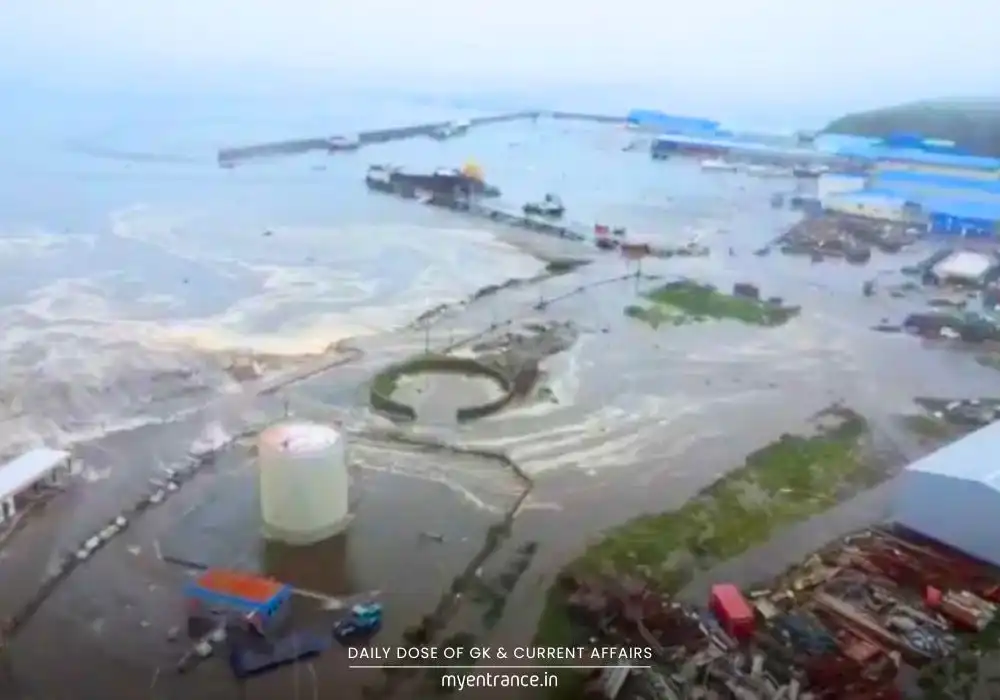Translate Language
International Court of Justice’s Climate Ruling: Vanuatu vs. Climate Change
The International Court of Justice (ICJ) recently delivered a groundbreaking advisory opinion on climate change, calling it an “existential threat.” For competitive exam aspirants, this ruling isn’t just global news—it’s a critical lens into international law, environmental governance, and India’s diplomatic balancing act. Master this topic to ace questions on current affairs and institutional mandates.
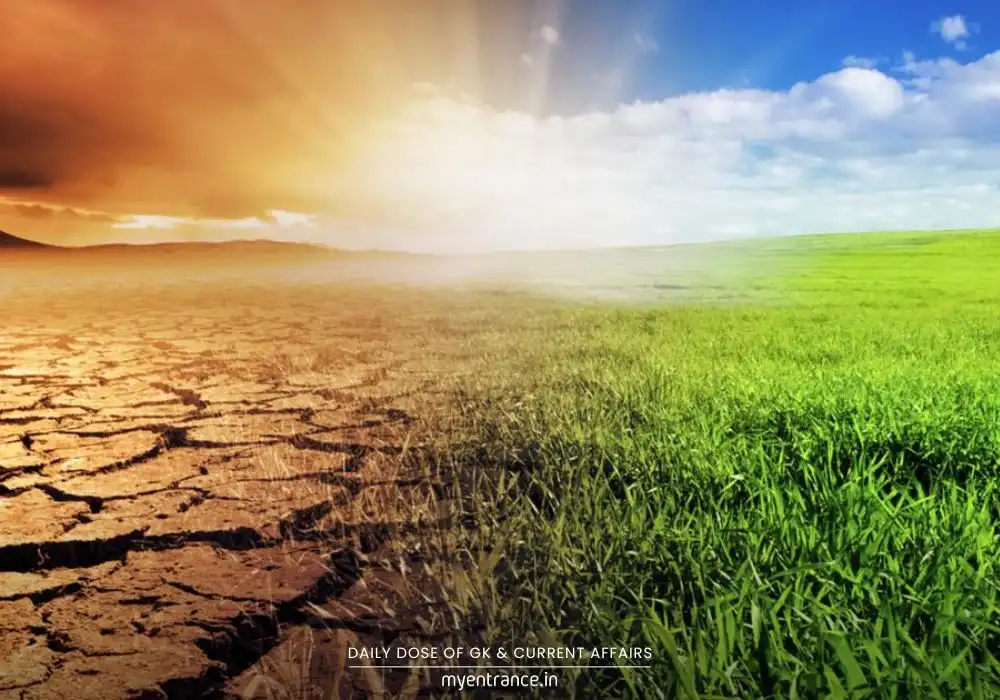
The Climate Verdict That Echoed from The Hague to Hyderabad
In July 2023, the ICJ—the UN’s highest judicial body—issued an unprecedented advisory opinion declaring climate change an “existential threat to humanity.” This ruling didn’t just stir global policymakers; it sparked debates in Indian exam hubs like Hyderabad. Why? Because tiny Vanuatu (a Pacific island nation of 300,000) spearheaded a 132-nation coalition to demand legal clarity: What must countries do to combat climate change, and what penalties apply if they fail?
India’s nuanced stance stood out. While it didn’t oppose the move, it refrained from co-sponsoring the resolution. Why the caution? As a developing economy, India juggles three realities:
Needing fossil fuels to lift millions from poverty and provide basic services.
Championing renewables (target: 50% green energy by 2030) and global initiatives like the International Solar Alliance.
Navigating climate finance gaps and historical emissions inequities.
Key Legal Shifts & Geopolitical Ripples
The ICJ opinion signals a radical evolution in international law:
“Internationally Wrongful Acts”: States could face legal consequences for climate inaction, especially if linked to human rights violations.
Healthy Environment = Human Right: This principle could fuel domestic climate lawsuits worldwide.
COP30 Impact: The ruling pressures wealthy nations to ramp up climate finance and accept liability at forums like the upcoming UN climate talks.
ICJ vs. ICC: Clearing the Confusion
Amid debates on Israel-Palestine, aspirants often conflate two critical bodies:
ICJ (International Court of Justice): Settles disputes between states (e.g., climate obligations).
ICC (International Criminal Court): Prosecutes individuals for war crimes.
The ICJ can’t prosecute Israel—it adjudicates state compliance with treaties.
Why This Matters for Exams:
This topic intersects UPSC, PSC, SSC, KAS, and NET syllabi:
Prelims: “Current events of national/international importance.”
Mains GS-II: “International institutions, agencies, fora—structure and mandate.”
Mains GS-III: “Environmental impact assessment, conservation challenges.”
Essays: Themes like climate justice, human rights, or global equity.
5 Sample Questions & Answers:
Q1: What triggered the ICJ’s 2023 advisory opinion on climate change?
*A1: Vanuatu led a 132-nation UN resolution seeking clarity on legal obligations for climate action and penalties for non-compliance.*
Q2: Why did India abstain from co-sponsoring the ICJ climate resolution?
A2: India balanced developmental needs (energy access, poverty reduction) against climate commitments, reflecting equity concerns in global diplomacy.
Q3: How might the ICJ opinion influence COP30 negotiations?
A3: It could enforce climate finance accountability for developed nations and frame inaction as human rights violations.
Q4: Differentiate between the ICJ and ICC.
*A4: The ICJ resolves interstate disputes (e.g., climate treaties), while the ICC prosecutes individuals for genocide/war crimes.*
Q5: Identify two climate initiatives led by India.
A5: The International Solar Alliance and Mission LiFE (promoting sustainable consumption).
Get 3 Months Free Access for SSC, PSC, NIFT & NID
Boost your exam prep!
Use offer code WELCOME28 to get 3 months free subscription. Start preparing today!
